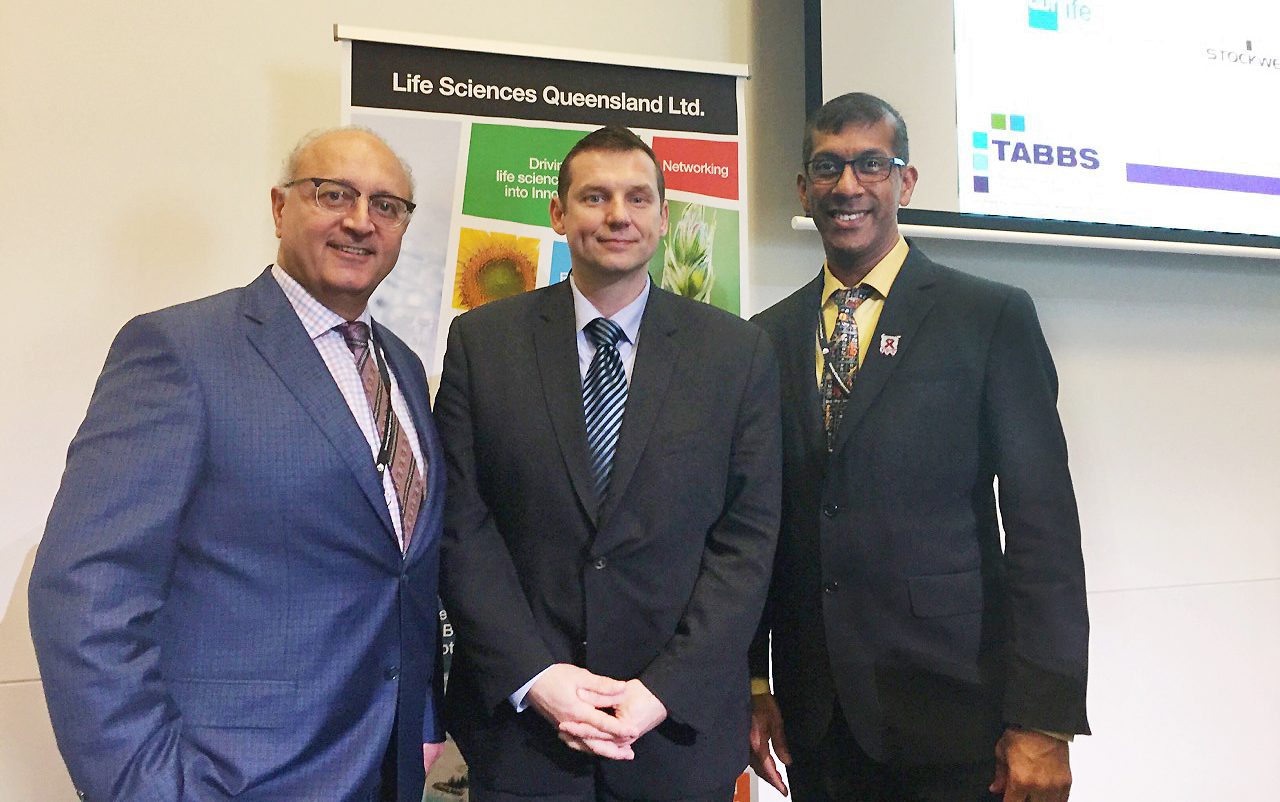The international collaboration between QUT and the US Department of Energy Pacific Northwest National Laboratory (PNNL) to develop bioenergy from plant and waste matter has been strengthened with the first joint research and academic appointment of microbiologist Dr Alex Beliaev.
Dr Beliaev, who has been with PNNL for 15 years, will divide his time between QUT and the US.

Director of QUT’s Centre for Tropical Crops and Biocommodities, Professor Sagadevan Mundree, welcomed the joint staff appointment, the first between an Australian university and a US National Laboratory.
“This appointment further advances the strategic partnership between our two institutions to enhance bioenergy research, promote education, and develop industry around viable bio-based solutions in our two countries,” he said.
“We are excited to be working with Alex, who is at the forefront of research linking the insights of fundamental biology with the promise of practical engineering.”
Dr Beliaev’s research focuses on developing quantitative understanding of energy and material fluxes in microorganisms and then applying the acquired knowledge to design living systems for programmable outcomes.
His joint appointment will involve collaborative research as well as academic exchange. Postdoctoral and other students will have the opportunity to do research at both QUT and PNNL.
QUT and PNNL signed a memorandum of understanding last year to formalise the research collaboration.
QUT’s expertise includes plant biotechnology, consolidated bioprocessing, and process modelling and the QUT Centre for Tropical Crops and Biocommodities collaborates with a wide range of commercial entities and funders, including the Bill & Melinda Gates Foundation.
PNNL brings to the research and application table a deep expertise in systems microbiology, along with strengths in computational biology and cutting-edge multiomics.
The field of ‘omics’ explores how genes, proteins, and various metabolic products interact at the molecular level. Research examines biological components in order to understand how organisms work. Its branches include genomics (for genes) and proteomics (for proteins).
Both PNNL and QUT do research on the advanced thermochemical conversion of biomass to create biofuels, plant-derived chemicals, and other bioproducts.
Interdisciplinary teams at PNNL address many of America’s biggest issues in energy, the environment, and national security through advances in basic and applied science.
Media contact:
Karen Milliner, QUT Media, 07 3138 1841 or k.milliner@qut.edu.au
After hours, Rose Trapnell, 0407 585 901 or media@qut.edu.au


